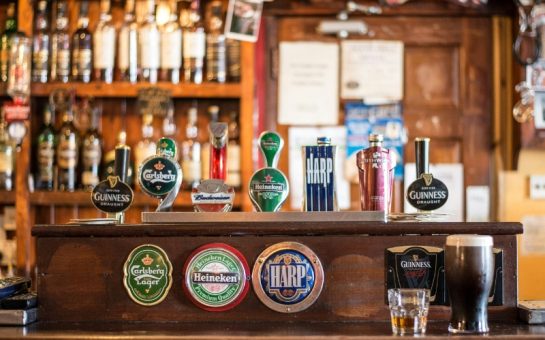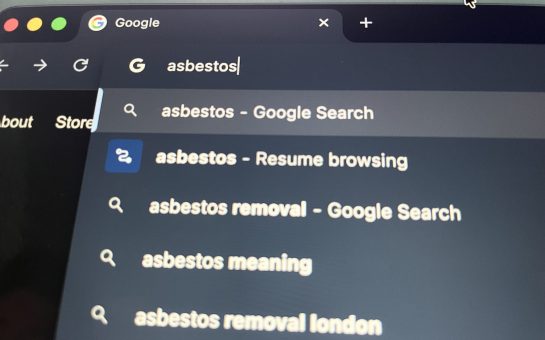Fertility clinics across the UK saw a dramatic increase in women freezing their eggs or embryos between 2011 and 2021.
Egg freezing increased almost tenfold from 2011 to 2021, while embryo freezing increased by nearly 4000% during the same timeframe, according to a report from the Human Fertilisation and Embryology Authority (HFEA), an independent regulator of fertility treatment and research in the UK.
The report also showed a massive increase in in vitro fertilisation (IVF) treatments with different partners.
From 2011 to 2021, IVF treatments with single women saw a 291% increase and treatments with female partners saw a 340% increase.
However, IVF treatments with male partners only saw a 6.47% increase during the same timeframe.
Why are women freezing their eggs?
The HFEA describes egg and embryo freezing as an opportunity for patients to preserve their fertility either for medical reasons or to postpone starting a family.
Despite egg freezing making up only 4% of fertility treatments, it has become the fastest-growing treatment across the UK.
According to Sandy Christiansen, a fertility coach and embryologist at Béa Fertility in London, which offers at-home Intracervical Insemination products and services, multiple factors contribute to women deciding to freeze their eggs.
One of these factors is the access to fertility benefits, which come with a monetary amount women can use for fertility preservation or treatments.
She said: “That’s enabled a lot of people to access different types of treatment that they might not have been able to get otherwise.”
Fertility clinics such as London Women’s Clinic and IVF Matters offer egg-freezing treatment packages and payment plans to help map finances.
In the last decade, companies such as Meta, LinkedIn, and Spotify now include fertility benefits as employee benefits.
Another contributing factor is the growing fertility awareness both online and offline.
Christiansen added: “There’s been a lot of growing awareness like interviews and publications, scientific literature and magazines and online.
“It’s not necessarily something people would have known about or thought about 10 to 15 years ago, and the same way.
“And now, just the increase in awareness, has also helped people learn more, understand more, and then be able to make their own decisions about it.”
Pandemic trends
The pandemic and lockdown also made women reconsider long-term plans.
Egg freezing treatments in the UK had a 64% increase in 2021 compared to 2019, while embryo freezing had a 30% increase.
Christiansen said: “I think in particular for women being in lockdown, as you’re stuck on your own for a bit, it does make you really evaluate your life, what you are currently doing, what you want to be doing, whether that’s in your career or personal, future life.
“For some women, maybe they were with partner or not, that was deciding whether they weren’t ready for kids not and wanted to be more proactive and freeze their eggs.”
Even the rules on storing eggs, sperm, and embryos have changed to accommodate the growing demand.
According to the HFEA, the rules were updated in July 2022, so the specimen can be stored for up to 55 years.
Before this, storage was only up to 10 years, with exceptions made for premature infertility or those undergoing medical treatment that would affect fertility.
Starting the egg-freezing journey
For Christiansen, being proactive and wanting to learn more is a great first step, as it means the patient is actively researching.
Part of the research could involve going to a fertility clinic for a consultation and doing an initial fertility MOT to help understand the woman’s current fertility status and indicate how many eggs can be retrieved in one cycle.
Regardless of whether children are at the forefront of your plans or not, the consultation is a good place to start.
Christiansen said: “Whenever you feel ready to learn more, I would say it’s a good time to either have those tests done or start looking into what fertility means to you, like what do you want your future to look like?
“Plans change, things don’t always go according to plan. You’ll never know what’s going to happen in the next couple of years, but having frozen eggs can sometimes be that nice peace of mind.”




